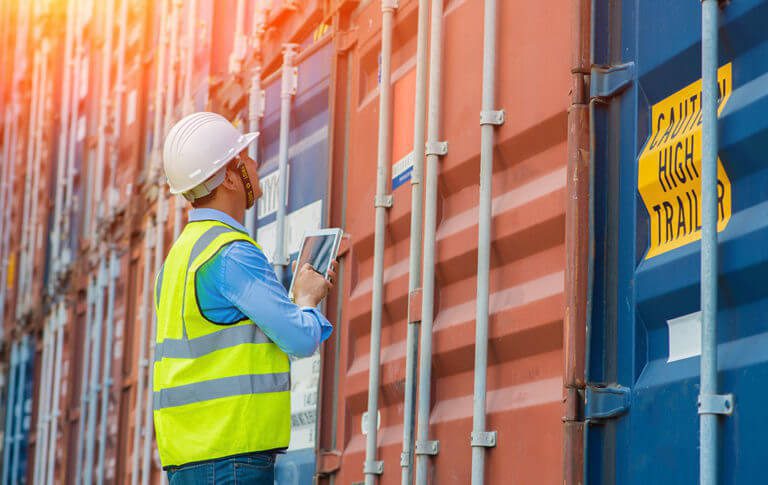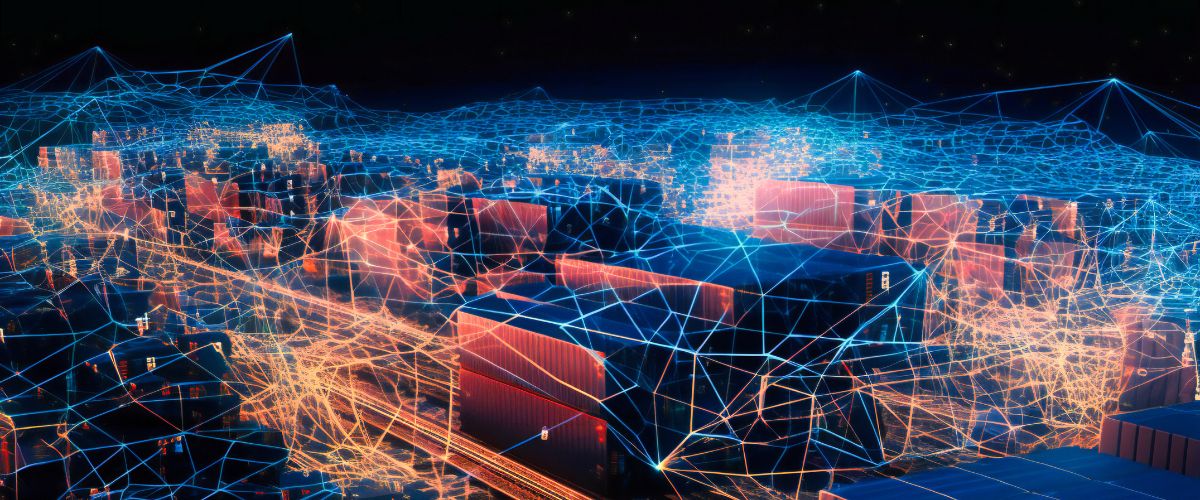A study of 1,177 UK workers has found that the majority of UK adults are worried about the impact of Brexit on the mental health of frontline transport and travel sector workers.
17% of workers in those sectors expect their jobs to become significantly more difficult and 22% of them are concerned about the mental health of themselves and their colleagues.
The study, conducted on behalf of KlearNow, also found that 45% of those working on the transport and travel frontline believe that the UK’s customs infrastructure will struggle with the increased import and export paperwork, a worry shared by a third (33%) of the population as a whole.
Mental Health, Job Cuts & Workload: Post Brexit Statistics

- More than a third (37%) of UK workers expect their jobs to become more difficult once the UK leaves the European Union.
- Men (42%) are more likely than women (32%) to hold this opinion.
- 17% of travel and transport industry workers expect their jobs to become “significantly more difficult”, this is the highest of any industry sector.
- 22% of transport workers are “very concerned” about the mental health impact of Brexit complications on their colleagues.
- 45% of those working in the sector believe “The UK’s customs infrastructure will struggle with the increased import and export paperwork”.
- 28% of those who voted in favour of Brexit are anticipating that their jobs will become more difficult as a result of Brexit.
- 6 in 10 of us are concerned about the mental health impact on frontline logistics workers of Brexit.
- 20% of UK workers agree with the statement “It’s unacceptable in 2021 for a nation’s customs processes to rely on manual data entry methods such as email”.
- HALF of Brexit voters are concerned about the mental health impact on frontline logistics workers of Brexit.
- One in ten Brexit voters would have voted Remain had they understood the logistical impact of leaving the EU.
- 86% of Leave voters don’t believe Brexit negotiations have improved perceptions of the UK’s business.
Brexit perceptions by industry sector
The study exposed what Brexit means for different sectors of the economy — and how jobs are going to be affected.
Workers in the arts & culture sector (75%) are most likely to expect their jobs to become harder as a result of Brexit, closely followed by workers in finance (52%), travel and transport (51%), architecture, engineering and building (44%) and manufacturing and utilities.
Industry sectors most likely to expect their jobs to become harder as a result of Brexit
Arts & culture – 75%
Finance – 52%
Travel & transport – 51%
Architecture, engineering & building – 44%
Manufacturing & utilities – 42%
Sam Tyagi, CEO of KlearNow, fears the extra post-Brexit customs workload will lead to a productivity crisis that will penalise consumers and small businesses.
“It’s abundantly obvious that as of right now, there simply aren’t enough staff employed at UK borders to handle the increase in workload brought about by Brexit.”
“UK borders are short-handed to the tune of about 50,000 staff and there will be an anticipated five-fold increase in customs entries with Brexit leading to as many 200 million extra customs entries.”
“Our study demonstrates quite clearly that UK logistics workers are concerned for the mental wellbeing of themselves and their colleagues; a concern shared by almost two thirds of the population. This is especially pronounced given the newfound appreciation consumers found for these workers who kept the UK running during the pandemic.”
“Our fear is that this will quickly lead to a two-tier system with priority given to larger importers who spend more on landing their goods at the expense of smaller business and their customers.”
“Without the rapid implementation of technology to make customs clearance easier, faster and cheaper, this trend will continue and UK consumers will suffer as a result”
“Customs clearance is so often the bottleneck in international supply chains. It’s a critical function but it has failed to keep apace with technological innovation. An alarming percentage of customs entries are still processed with manual data entry staff. As a result, customs clearance is already slow, opaque and prone to error. It’s only going to get worse.




